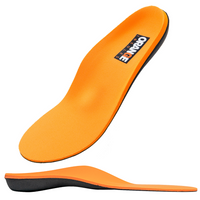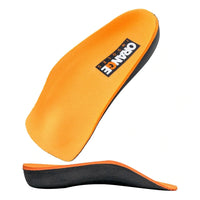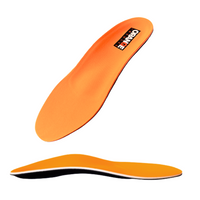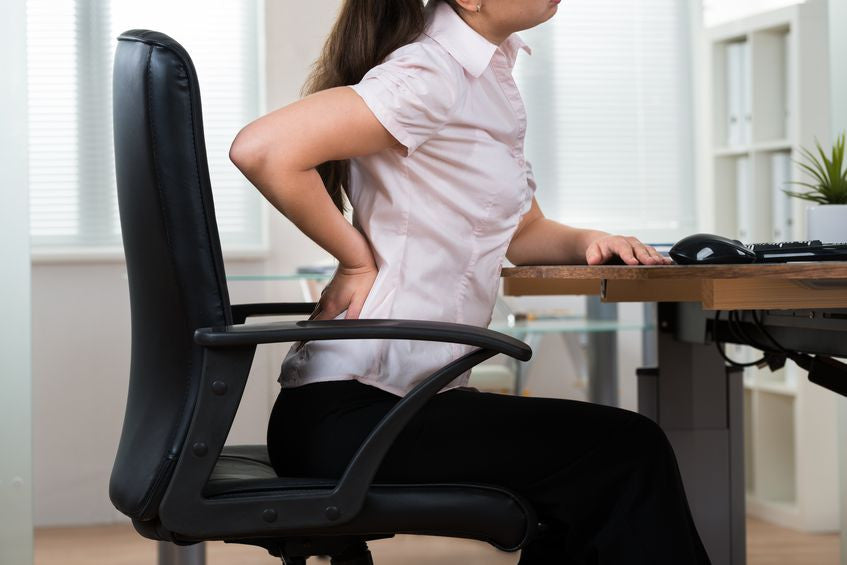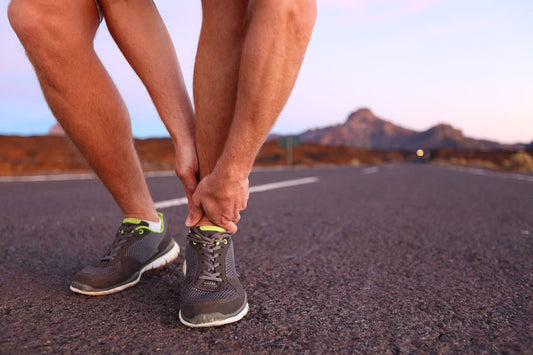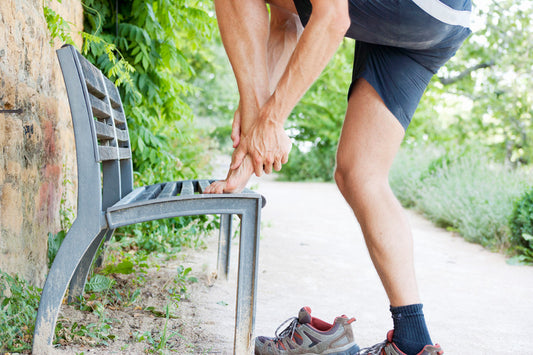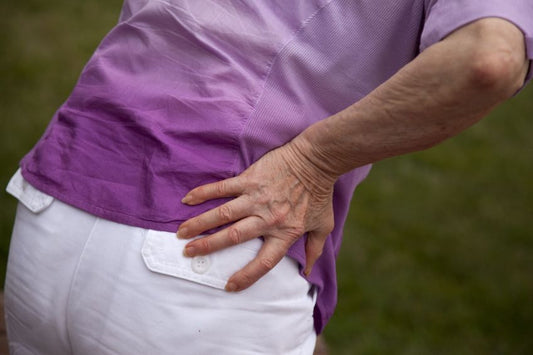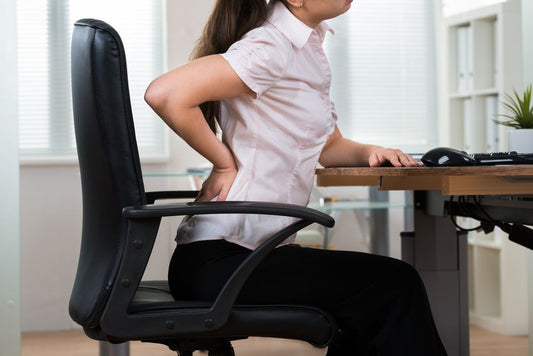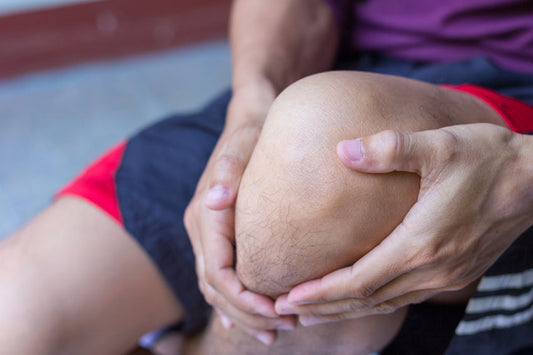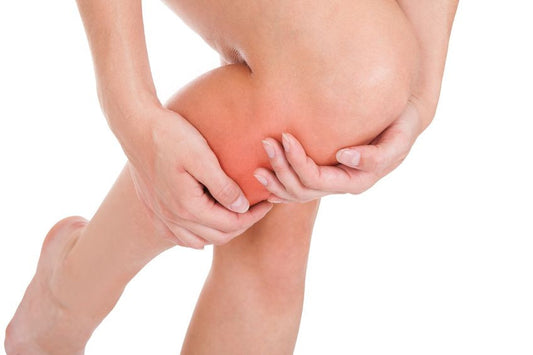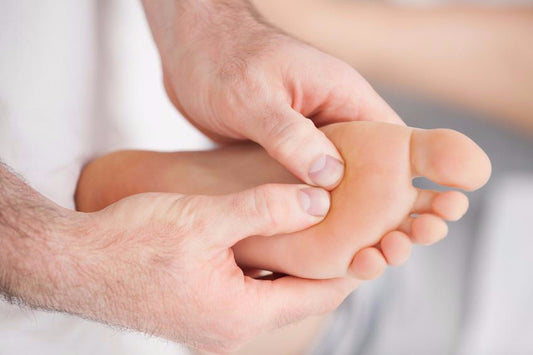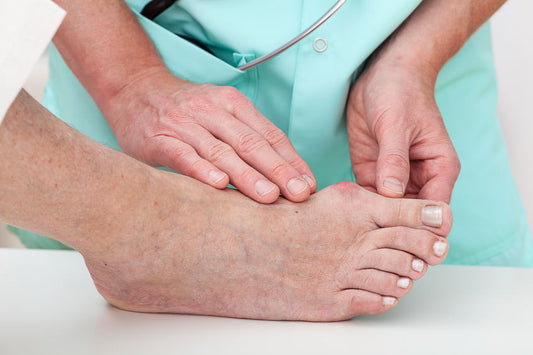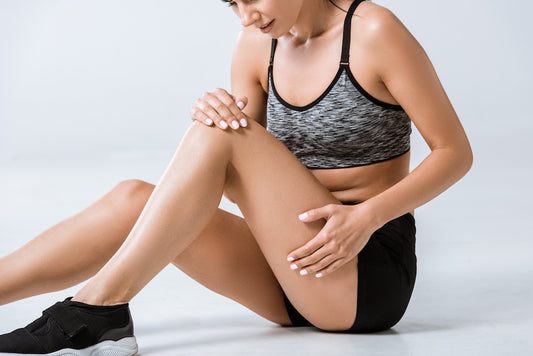Symptoms
- Pain in the low back, possibly radiating into the buttocks or down the leg
- A general aching in low back; may include stiffness
- Restricted range of motion
- Pain can be felt with prolonged sitting, prolonged standing or when going from sitting to standing
Definition
Piriformis Syndrome
- A spasm or tightness of the piriformis muscle in the buttocks that can irritate orimpinge the sciatic nerve causing pain
- Poor mechanics of the foot and lower extremity can cause a rotation in the pelviscausing the spasm to occur
Disc Problems
- Discs are found between each of the vertebrae of the spine from C2 to S1
- Discs (the cushioning between the vertebrae) can be compressed, ruptured, herniated,develop a mild bulge or, there may be degeneration of the disc
- Any of the above conditions may occur from poor posture in sitting or standing. Also, with standing, walkingor running, poor support of the foot can lead to mechanical changes in the back
- A difference in the length of the leg from the pelvis to the ankle.
- May be due to a fracture of the bone in the lower leg or thigh
- Could also be caused by poor mechanics of the lower extremity due to lack of good support beginning at the foot
Arthritis
- A degenerative condition where the joints become abnormal due to damage to the cartilage
Primary Cause
Excessive Pronation
- Pronation is a normal movement of the foot, that allows the arch to flatten to a degree, which helps the body to absorb shock and to adapt to different ground surfaces.
- In analyzing ones gait, first contact is on the heel and outside of the foot; followed by a shift of body weight continuing forward, toward the arch and toes.
- If the foot is weak or tired and/or the footwear is not supportive, then the arch can flatten more than normal, which is excessive pronation.
- Flattening of the arch (excessive pronation) places pressure on the foot and can cause the same stress on the back as a leg length discrepancy
- This repetitive, excessive pronation, is the main contributor of many lower extremity, overuse injuries including back problems.
Contributing Factors
- Poor flexibility
- Muscle imbalances
- Leg length discrepancies
- Flat pronated feet
- Poor support of the shoes you wear and/or the support in the shoes, can add to the stress on the foot and back
- Biomechanical changes in the foot can allow increases in pronation
Treatment - Advice Given Most In Current Literature
The 3 S’s — Stretching, Strengthening and Supporting, along with ICE and REST, have been found to bethe simplest and most effective treatment for reducing stress on the lower extremity and back.
- Stretching of the muscles of the lower extremity can help reduce pressure on the back. This can includethe hamstring, piriformis, IT Band, Psosas Major and low back.
- Strengthening of the abdominal muscles, hip and low back and legs can reduce stress on the back also.
- Supporting the foot with proper shoes and insoles, can prevent or eliminate the vast majority of footrelated problems. This may be a Birkenstock sandal, with a broad base and contoured footbed, that islow to the ground and conforms to the foot. It may also be a shoe with an upper that wraps the foot andsupports the arch and heel, thus limiting excessive pronation. The vast majority of footwear have enoughcushion but very little support for the arch and heel. One of the easiest and most effective solutions is toadd a simple over the counter insole that provides a forgiving support for both the arch and heel. Orange Insoles offers insoles for back pain to alleviate your symptoms.
- Correct posture for sitting, standing and activity.
- Physical therapy including ultrasound, massage, soft tissue mobilization and exercise along with posturestabilization.
